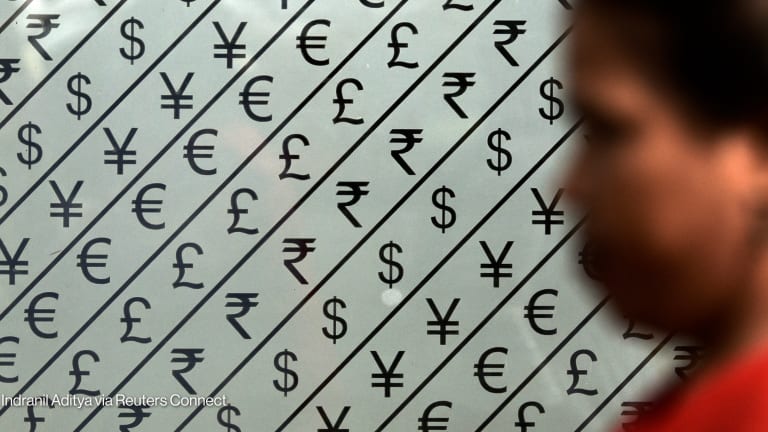
The European Bank for Reconstruction and Development will halt new private sector projects in Belarus, as the multilateral lender falls into step with European efforts to increase pressure on President Alexander Lukashenko.
EBRD reviews Belarus projects after plane hijacking
Management will soon present shareholders with a range of options on how to toughen the lender's policy.
Bank management informed shareholders last week that it would stop bringing private sector projects in Belarus to the board for approval, sources familiar with the discussions told Devex. EBRD’s shareholders — including the United States, Russia, China, all 27 European Union member states, and the European Commission — were briefed by management last week on developments in the eastern European country, which has been trying to force migrants across its border into the EU.
The commission was among the strongest critics of continued lending, one source told Devex, while Russia spoke out in defense of Belarusian authorities. Once it was clear that no new projects for Belarus would pass the board, the source said management announced its intention not to propose further lending, even to private companies.
NGOs welcomed the move, with Xavier Sol, director of Counter Balance, telling Devex by email: “Too often, in autocratic countries, the frontier between the public and the private spheres is blurred, and it is extremely hard for a public bank to ensure that its funds truly benefit people rather than the regime."
An EBRD spokesperson declined to comment.
The change comes as EU states agreed sanctions Monday, able to target people or entities that contribute to the illegal border crossing of people, mostly from Iraq, Syria and Yemen, into the EU. Thousands are thought to be trapped in an “exclusion zone” on the border of Belarus and Poland, and several have reportedly died in freezing temperatures.
EBRD’s lending in Belarus had been under review after the regime forced a civilian airliner to land in order to detain a journalist and his partner in May. Sovereign lending was stopped in August 2020 when Lukashenko was returned to power in elections widely treated as fraudulent.
The move marks a shift for EBRD President Odile Renaud-Basso, who previously defended private sector support as a means of helping civil society in non-democratic countries. “It’s a job for people,” she told Devex in June. “In Belarus you help developing SMEs [small- and medium-sized enterprises], SMEs provide jobs to people, they are working for SMEs and not for the government.”








